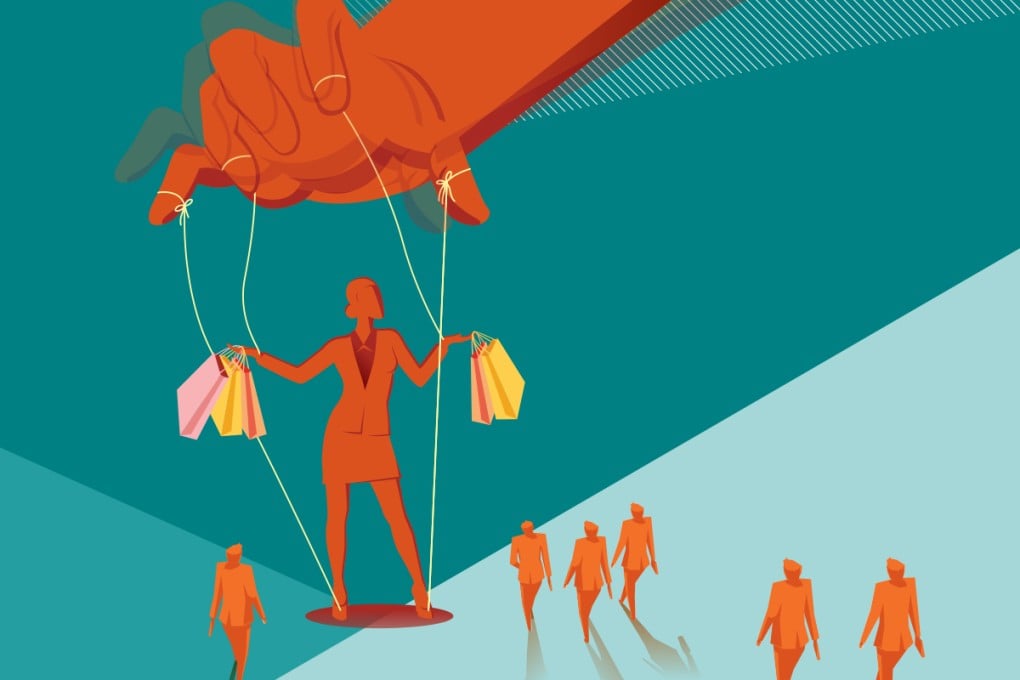Speculative Reselling: How Far Should It Go?
- Although companies often restrict speculation, they don’t go all the way to eliminate it. A recent research examines why this is the case

[The content of this article has been produced by our advertising partner.]
Scarcity is a common strategy consumer-facing companies use when they wish to increase demand for their products or services. It drives sales – sometimes creating “buying frenzies” – by betting on the consumer psychology of the fear of missing out: “Better buy it now, or else you may not find it tomorrow.” In certain markets where supply is limited, or where consumers perceive a sense of scarcity, speculators step in, purchasing goods or services in bulk and reselling them to consumers who hesitated during the initial launch.
Speculative reselling is commonplace in a range of markets from high-end technology products (e.g. Apple iPhone and Nintendo Switch), to tickets for popular concerts, sports events, railway (in some countries), or even TOEFL tests (in China) and visa appointments. Companies launching these products and services often have some measures in place to restrict speculative activities so as to protect consumers from being exploited by speculators. For example, Apple once required shoppers to present their photo IDs when purchasing iPhones.
To the contrary of these measures, the same firms may also allow speculation to take place to some extent. For example, in the case of Apple’s iPhone X launch, the company allowed the ordering of more than one phone per Apple ID. This created a gray area in the market where speculators could step in and resell the product without being penalised in any way.
Why would a company turn a blind eye to this “black market” activity even though there is a risk it may reduce the availability of their product in the launch phase and later, inflate the price so much that some consumers give up on their purchasing bids altogether? Do companies benefit from speculative reselling? If a company can benefit from speculative activities, why would they restrict it at all?
These are perplexing questions that researchers attempted to answer in their research paper titled Restricting Speculative Reselling: When ‘How Much’ Is the Question. The paper was written by Chenxi Liao, Assistant Professor at the Department of Marketing at The Chinese University of Hong Kong (CUHK) Business School in collaboration with Prof. Dmitri Kubsov at the University of Texas at Dallas.